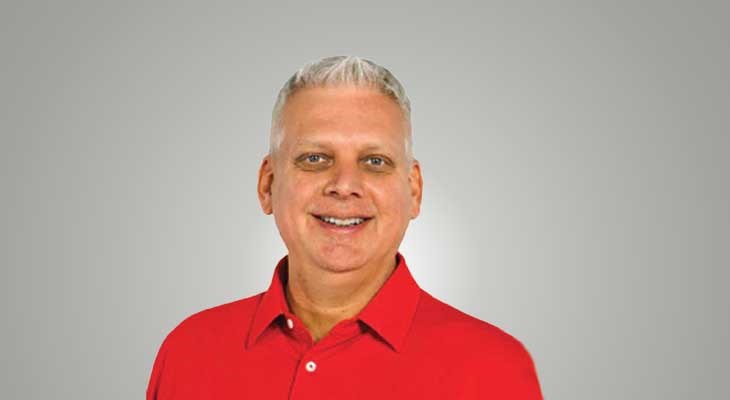After a stint practicing law, Ron Cundy decided to start a company during the depths of the Great Recession.
He and a partner launched recteq, a business that made grills. But they couldn't get a product made for the first a couple of years. The following year, they started doing direct-to-consumer sales, grew the business for six years and, around 2018, prepared for an exit.
"I was thinking three to five years down the road, hired a CFO, started an implementation of ERP system and really started to get our ducks in a row," Cundy said earlier this year at the inaugural Atlanta Smart Business Dealmakers Conference. "Went and had a business valuation done to set up some estate planning, just started ticking all those boxes off.
"And then next thing you know, here comes COVID, which was bad for some businesses, it was really good for our business. So that three-to-five-year plan all of a sudden became really ratcheted up in a hurry. And we basically did our PE deal in January of '21. Right around that six-month period we did that, Traeger went public and so did Weber — so, kind of top of the market kind of space there."
In preparing for that exit, among the early steps was to take care of the estate tax issue.
"If you have a tiger by the tail that's growing, get that stuff done while your valuation is still manageable or before it becomes something way beyond that," he says. "Start taking those steps and then start getting all your ducks in a row — get your financials clean and get them in a format that is going to be easy to transmit to everyone; when they want you to be audited, you can get that done.
"So, just getting all of those ducks in a row so that when you get there, because it's going to be a pain anyway, but it'll be less painful if you've started doing these things and getting these things ready."
While he thought he had a timeline for an exit, it was accelerated by events outside his control.
"You just don't know what's going to happen," Cundy says. "If the economy starts going crazy, the market gets frothy, or some black swan or white swan thing happens that makes your business really good, you want to be ready to be able to move on that.
"And we had a couple of those things happen at the same time; COVID being good and making e-comm and direct to consumer really hot and the backyard really hot, that helped us. And then the market got really frothy with a lot of money out there and high multiples, especially for things that they see as the future as e-comm was."
As part of the diligence around estate planning, he says a business valuation is needed, so getting an outside professional to put a value on the business can give an owner confidence that the amount being moved into a trust is the right amount. That way, if it gets challenged, the owner is covered.
Juggling the sale preparations while continuing to run the business is a lot more work than some might think, he says.
"The first checklist comes in and you're like, Okay, that looks like a lot. And then the next one, and then the next one, and then it's just this constant grind of having two jobs, really, and you're already, if you're in an organization that, for us, we hadn't really built out a team that was really deep at the top end. And so my job as marketer and legal and CEO and all the other things that I was doing — product development, and testing, and all of these things," he says.
"Then throw on top of that you're doing due diligence. And then you think, 'Alright, we're going to get the deal done. I'm staying on and I'm going to go back to doing what I was doing.' No, you're not. You're going to start getting ready for monthly financial review, and then you're going to get ready for quarterly review, and then you're going to be on Zoom call for this and a Zoom call for that, et cetera, et cetera. And you're just never going to get back to the high function that you were that brought your business there.
"So, you have to start to build out that team with you. If there's one other thing that we didn't do well enough it was have enough team around us to really be able to handle the load of the deal and post-deal transaction. Now our partners have helped us build that out. And I'm happy to say I'm now unemployed as of the end of the year."




